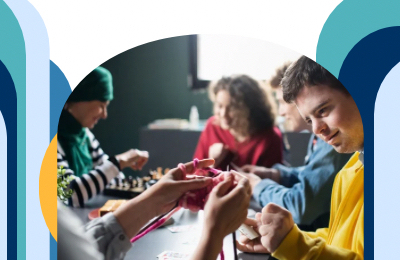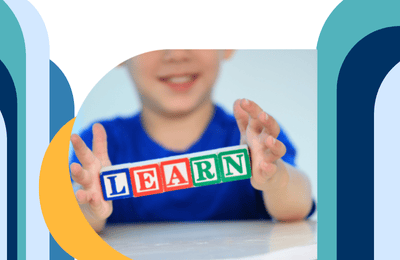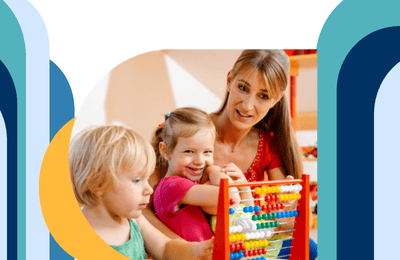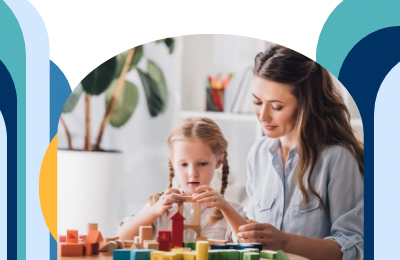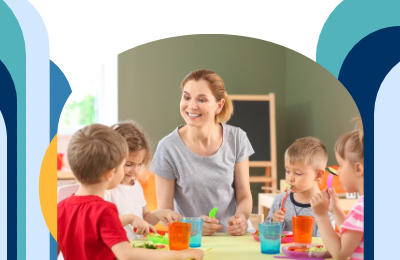Recently Irish schools have seen a significant shift in how they plan for and support children with additional needs. The old model of individual education plans or IEP’s has given way to Pupil support plans (PSPs), a change that reflects a broader movement towards inclusion practicality and whole school responsibility. At the same time the role of the special needs assistant (SNA) has become more clearly defined within this new framework supporting pupils in ways that go beyond paperwork and directly into the everyday classroom experience.
Moving beyond the IEP
For many years IEP’s were seen as a cornerstone in Special education needs provision. They set out individualised targets, listed the strategies to achieve them, and provided a formal structure for review. While valuable in principle they quickly became burdensome in practice. Teachers and special education teachers often found themselves caught up in lengthy documents that varied widely from school to school and sometimes bore little connection to what was actually happening in the classroom. Parents too occasionally felt lost in the complexity of the plans, unsure of how the targets translated into real support for their child
The introduction of the Continuum of support by the NCSE marked a turning point. Instead of one rigid model, schools were encouraged to adopt a flexible graduated approach. Out of this came the Pupil Support Plan, a simpler more streamlined way of identifying needs, setting goals and ensuring progress. PSP’s plans are tiered, ranging from classroom level sports to schoolwide interventions and for those with the most significant needs, intensive planning at school support plus level.
The greatest advances of this new system is that it embeds support within everyday teaching rather than creating a parallel track for children with additional needs Targets are fewer but more focused reviews are aligned with the schools own assessment cycle and the plans themselves are intended to be working documents practical accessible and genuinely useful
where the sna fits in
Within this evolving landscape the role of the special needs assistant remains crucial. The SNA is not a teacher nor are they responsible for setting learning goals instead their contribution lies in ensuring the pupils with additional needs can access education in a safe supported and dignified way
In the context of a pupil support plan this might mean helping a child navigate the school environment, assisting with care or mobility or providing the reassurance needed to take part in group activities. It might involve prompting a child to stay on Task, encouraging independence and stepping back at the right moment to allow the child to succeed on their own. While they are not the ones writing the targets, SNA’s play a vital role in making those targets achievable in practice.
What makes the SNA particularly valuable is their perspective, they often spend more one-to-one time with the people than any other staff member and so they see the small daily triumphs and challenges that might otherwise go on noticed Their observations feed into the reviews of the pupil support plan, giving teachers and parents a richer understanding of how the child is progressing
A shared responsibility
The move from IEP’s to Pupil Support Plans has also clarified where the responsibility lies. Teachers and special education teachers design and review the plans, parents and pupils contribute their insights and SNA’s support their implementation in the classroom and beyond. It is a model that emphasises collaboration rather than hierarchy recognising that no single professional can meet a child’s needs in isolation
A step forward for inclusion
The change from IEP’s to Student support plans alongside the defined role of SNA’s represents more than just an administrative update it reflects Ireland’s commitment to include the Education and approach that seeks to bring every people fully into the life of the school instead of seeing plans as documents to be filed schools are encouraged to treat them as living tools shaped by the daily experience of teachers pupils parents and SNA’s working together
Ultimately this shift is about focus. Less time spent on paperwork means more time spent on teaching, supporting and caring, that is what makes the biggest difference ensuring that children with additional needs are truly included.

